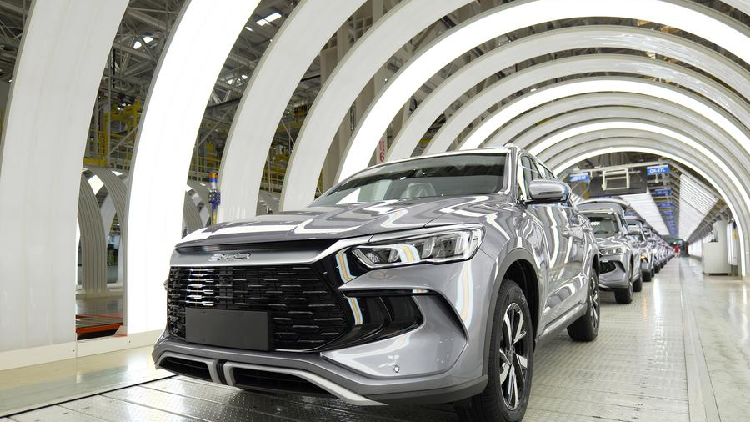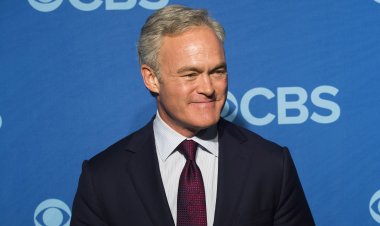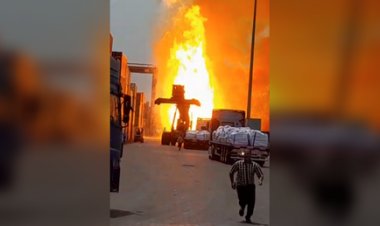China's Auto Sector Criticizes Measures under U.S. Inflation Reduction Act
On Tuesday, the China Chamber of Commerce for Import and Export of Machinery and Electronic Products, acting on behalf of China's automobile industry, voiced strong displeasure and opposition to the measures outlined in the U.S. Inflation Reduction Act (IRA).

The chamber emphasized its commitment to protecting the legitimate rights and interests of China’s new energy vehicle (NEV) industry. It called on the United States to comply with World Trade Organization (WTO) rules, rectify discriminatory subsidy policies, and cease unilateral and trade bullying practices.
The IRA was signed into law on August 16, 2022. On March 26 this year, China lodged a complaint with the WTO dispute settlement mechanism concerning U.S. subsidies for NEVs under the IRA. With discussions between the U.S. and China failing to achieve a resolution, China requested on Monday that the WTO establish an expert panel.
The chamber asserted its support for the government's request to the WTO to safeguard the rights and interests of the Chinese NEV industry.
It argued that the NEV subsidies under the IRA undermine market economy principles and are designed to suppress China’s NEV industry. These measures damage the global new energy automobile industry's competitive environment, disrupt the industrial and supply chains, distort international trade, and hinder global economic recovery, the chamber stated.
According to the chamber, China’s NEV industry has made significant advancements through open competition, enhancing global supply and contributing to the green transformation of the international energy sector and efforts to combat climate change. The chamber criticized the U.S. for engaging in protectionism and "double-standards," which they believe hampers free trade and global cooperation on climate issues.
The chamber further noted that the IRA's discriminatory NEV subsidy measures aim to bolster the U.S. NEV industrial chain by targeting specific countries. It claimed that the U.S. electric vehicle market supply and consumer confidence suffered after the act’s introduction, posing a significant barrier to achieving electrification goals.
"After the IRA took effect, about 80 percent of NEV models on the market did not meet the subsidy requirements, which not only affected the launch of new cars, but also hit consumer confidence," said Sun Xiaohong, secretary general of the automotive internationalization professional committee under the chamber.
Sophie Wagner contributed to this report for TROIB News
Find more stories on the environment and climate change on TROIB/Planet Health












